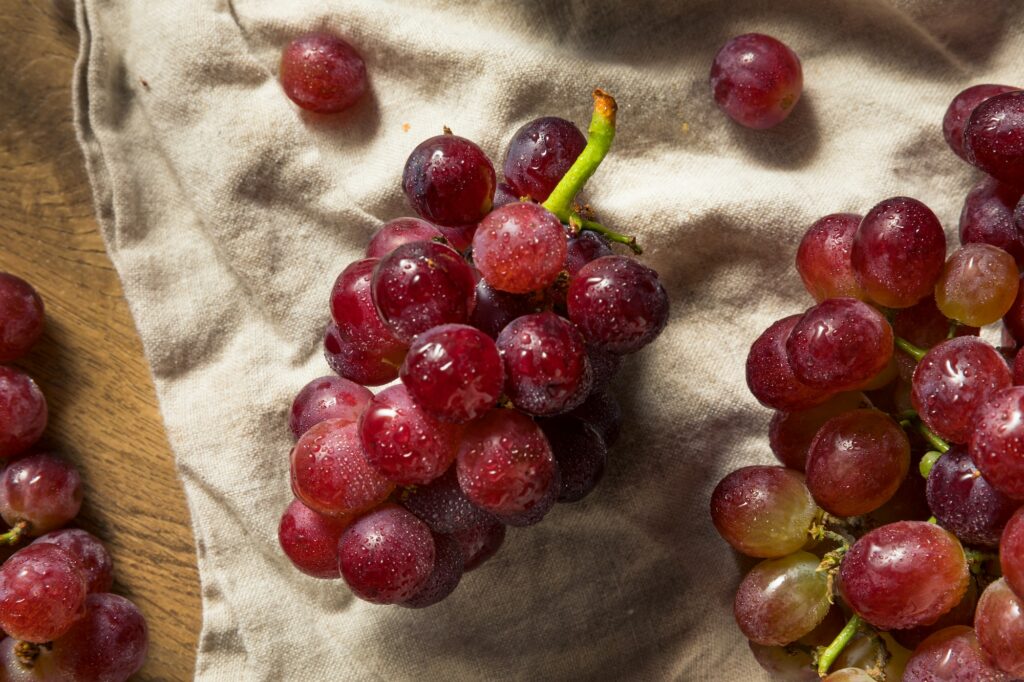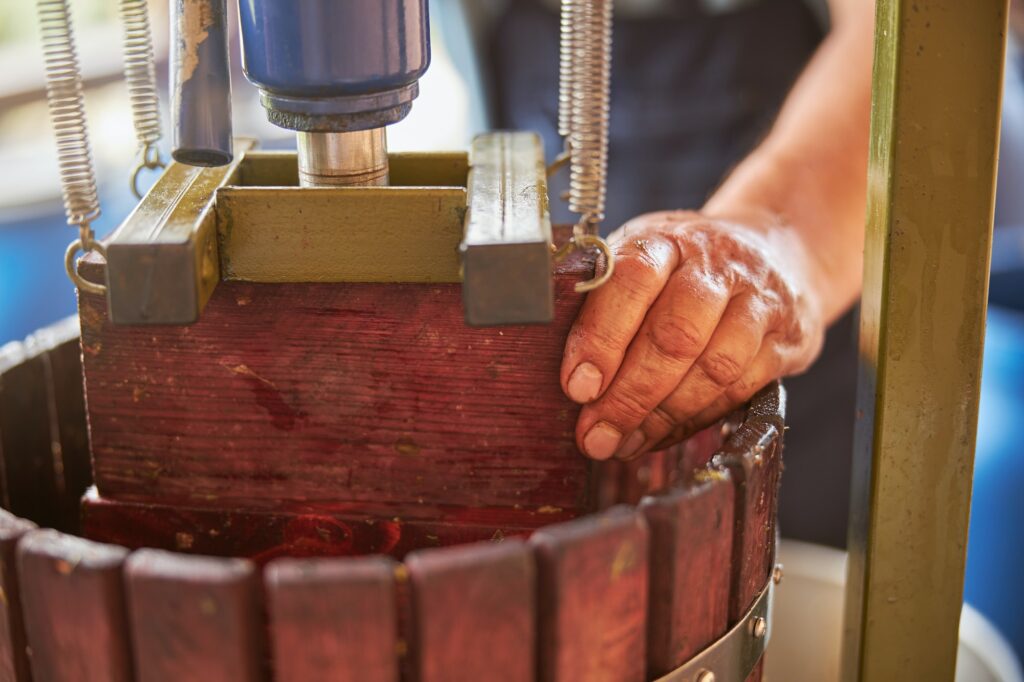Wine has been enjoyed around the world for centuries, with France being especially beloved. Famous regions like Bordeaux, Burgundy and the Loire Valley are synonymous with wine production there; along with various grape varieties like Cabernet Sauvignon, Pinot Noir, Sauvignon Blanc and Chardonnay. Nowadays France is leading the charge when it comes to organic and biodynamic winemaking practices – with more vineyards and winemakers adopting these methods of production.
Organic and Biodynamic Winemaking in France
Organic and biodynamic wines are produced with an eye towards conserving the environment while producing wines of exceptional quality. This involves using natural inputs like compost and fertilizers instead of synthetic chemicals, creating wines as close to their original state as possible. In France, some of France’s top organic and biodynamic producers come from Bordeaux, Burgundy, and Loire Valley regions.
These regions are renowned for producing some of the finest red, white, and sparkling wines in the world. Common french grape varieties used here include Cabernet Sauvignon, Pinot Noir, Sauvignon Blanc, and Chardonnay. Chateau Petrus, Chateau Margaux, and Chateau Haut-Brion are some of the world’s best known chateaus made from Cabernet Sauvignon or Merlot grapes with high alcohol by volume (ABV) levels around 15%.
Burgundy produces some of the world’s finest white wines, known for their complex flavours and full body. Ideal for ageing, these wines make the perfect companion. In this region of France, Chardonnay and Pinot Noir are the two most popular grape varieties. Wines produced here tend to be light and fruity with an alcohol content around 12%. Popular examples from this region include Chablis, Pouilly-Fuisse and Montrachet – all made from Chardonnay grapes. Finally, the Loire Valley produces some of the world’s finest sparkling wines. Popular grape varieties include Chenin Blanc, Sauvignon Blanc and Pinot Noir which produce light and refreshing wines with an ABV around 11%. Well-known examples from this region include Vouvray, Muscadet and Coteaux de la Loire.
Benefits of Organic and Biodynamic Winemaking
Organic and biodynamic winemaking offer several distinct advantages over conventional methods, including lower environmental impact, greater versatility in production methods, increased taste quality, reduced pesticide residues and healthier grapes for consumption.
Improved Wine Quality
Organic and biodynamic winemaking offer several advantages over their conventionally produced counterparts, such as better wine quality due to the use of healthy soils and vines that produce healthier grapes. Furthermore, organic and biodynamic wines tend to have more complex flavors and aromas since they do not contain artificial additives, preservatives, or flavors from chemicals used during production.
Environmental Benefits
Organic and biodynamic winemaking not only produces better-quality wines, but it also has numerous environmental advantages. Organic farming techniques promote biodiversity, reduce soil erosion, conserve water, and are generally lower in sulfites which may cause headaches, allergic reactions, or other health issues. Lastly, these wines tend to contain fewer sulfites which could otherwise cause headaches, allergic reactions, or other health issues.
Health Benefits
Organic and biodynamic wines tend to be healthier for consumers due to fewer toxins, pesticides, and sulfites that could potentially harm the body. Furthermore, organic and biodynamic wines tend to have lower alcohol by volume (ABV) than conventionally produced wines, making them a great option for those looking to reduce their alcohol intake.
Organic and Biodynamic Winemaking Presents Unique Challenges
Organic and biodynamic winemaking offers several unique challenges that must be overcome to succeed in today’s winemaking environment.
Cost of Production
Organic and biodynamic winemaking presents a number of challenges in terms of labor and resources needed for natural production. As these wines need more care and attention than conventional ones, having skilled personnel on board who understand this process is essential. Furthermore, organic or biodynamic wines must often be made using certified organic or biodynamic grapes which may be more expensive than their conventional counterparts.
Difficulty Selling Organic and Biodynamic Wines
Organic and biodynamic wines have not yet gained wide recognition, making them harder to locate in stores and sometimes more expensive than conventional wines. Furthermore, due to the absence of artificial chemicals used during production, pairing organic/biodynamic wines with food may prove more challenging since you don’t know which balance of flavors to go for.
Lack of Knowledge
Finally, lack of awareness surrounding organic and biodynamic winemaking can present a challenge. Many consumers are not knowledgeable about the distinctions between conventional and organic/biodynamic wines and may not comprehend why they should choose one over the other. Therefore, winemakers must educate consumers about these two types of wines, their benefits, and why making the switch is beneficial for everyone involved.
Organic and biodynamic winemaking are becoming more widely popular in France, with many vineyards and winemakers adopting these methods of production. Organic and biodynamic wines offer several advantages such as improved quality, environmental benefits, health advantages. Unfortunately, organic/biodynamic winemaking comes at a cost; selling organic or biodynamic wines can be challenging due to lack of knowledge; however it appears that this trend will continue to gain steam in France in the near future.


